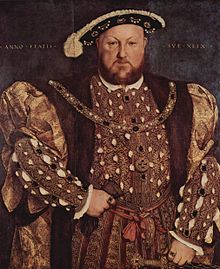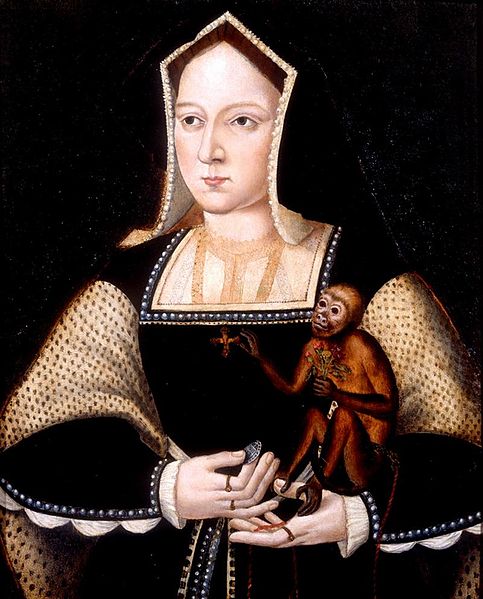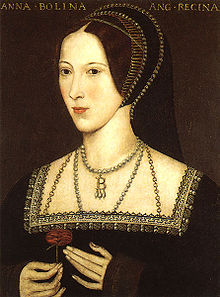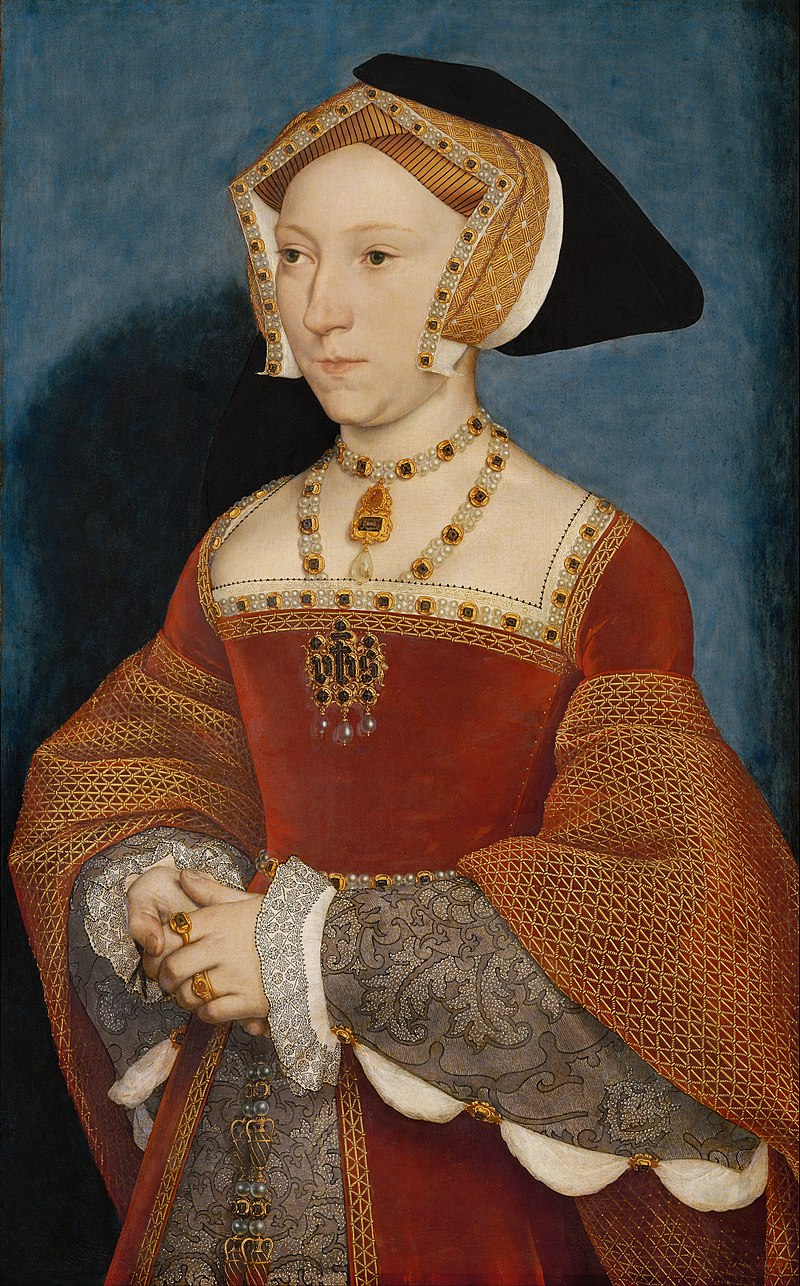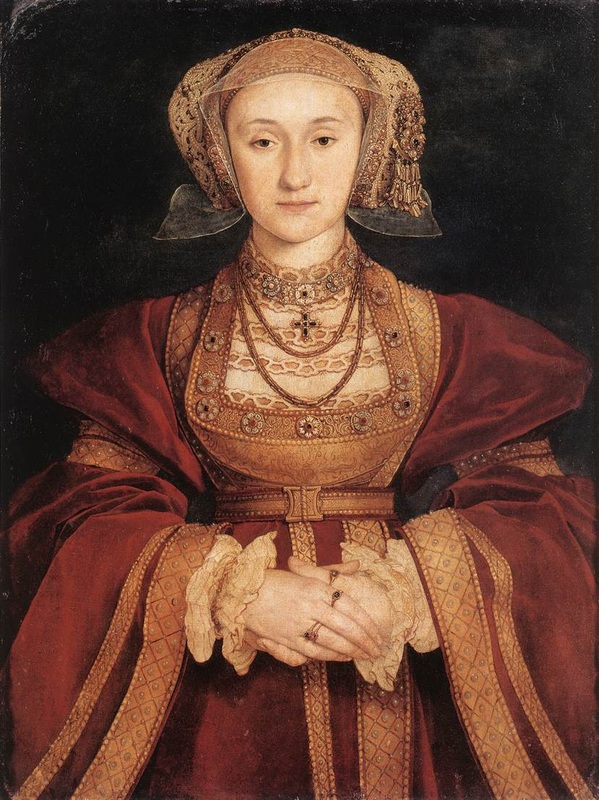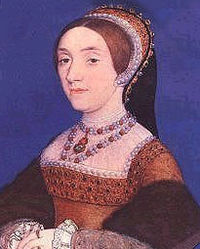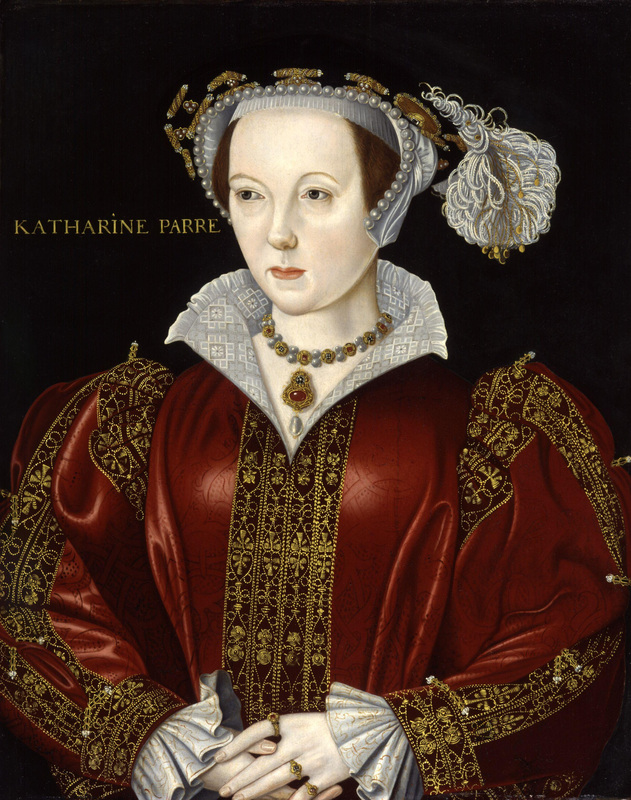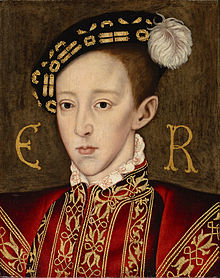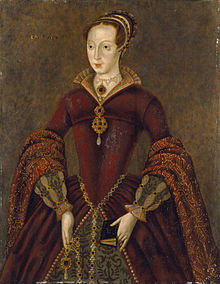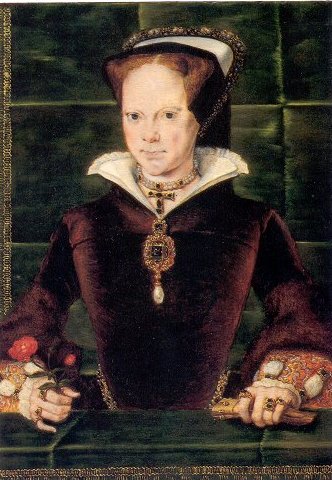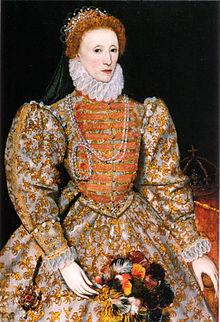 "The Boy King" cover
"The Boy King" cover "The Boy King" is a very well-written account of Edward's short reign, and the many complex relationships he experienced with the men who sought to govern England during his minority. What I especially enjoyed about this book was how believably Janet Wertman wrote Edward's character and emotions. Far from the distant, stoic figure we often picture in the young king, this Edward is vibrant, emotive, and easy to relate with. He feels deeply, questions everything, and serves as a (surprisingly) engaging main character in his own right. I, for one - being currently in the trenches of writing my debut biography of Edward VI - am both relieved and happy to see that a fiction author has portrayed him in such a way. The attention to his own personal feelings and motivations is long overdue.
"The Unsuspecting Reign of Edward Tudor
Motherless since birth and newly bereft of his father, King Henry VIII, nine-year-old Edward Tudor ascends to the throne of England and quickly learns that he cannot trust anyone, even himself.
Edward is at first relieved that his uncle, the new Duke of Somerset, will act on his behalf as Lord Protector, but this consolation evaporates as jealousy spreads through the court. Challengers arise on all sides to wrest control of the child king, and through him, England.
While Edward can bring frustratingly little direction to the Council’s policies, he refuses to abandon his one firm conviction: that Catholicism has no place in England. When Edward falls ill, this steadfast belief threatens England’s best hope for a smooth succession: the transfer of the throne to Edward’s very Catholic half-sister, Mary Tudor, whose heart’s desire is to return the realm to the way it worshiped in her mother’s day."
 Janet Wertman (image taken from Goodreads)
Janet Wertman (image taken from Goodreads) I quite like how Wertman characterized Edward Seymour, Duke of Somerset, too. Often referred to as "the Good Duke", as opposed to Warwick ("the Bad"), Somerset gets quite a sympathetic characterization here, too. She beautifully illustrates a "what-if" scenario between the young Edward and his Lord Protector uncle - arguing in this story that it was only through Somerset's care and protection of Edward's youth and innocence that he took control of many governmental matters, including the signing of his brother's death warrant. He is truly seen as a protector here, and a guide who Edward trusts and respects implicitly.
Warwick, on the other hand, is quite obviously the antagonist. The latter half of the book paints a stark contrast between the good and bad dukes, as well as Edward's personal feelings about them. I found this to be a particularly interesting story line, as Wertman follows in the footsteps of many of Somerset's 19th and 20th-century biographers. Whether or not you believe that these characterizations are true to history, they paint a thought-provoking picture that makes you look at the situation from a different angle. Sure, Edward is still a puppet king to some extent here - but it is not necessarily directly the cause of evil ambition on his uncle's part.
Once again, the emotion and human elements that shine through in this story are commendable and bring the history to life.
I highly recommend this book - not only because it is well-written, but because it is the only modern-day novel of Edward VI, and it deserves a place on any Tudor enthusiast's book shelf. There's actually a whole trilogy of Seymour novels by Wertman - following the stories of Jane Seymour and Somerset - so I'd be willing to bet those deserve a read, as well.
Many thanks to Janet Wertman for the complimentary copy of "The Boy King" in return for an honest review. It was a pleasure to read!

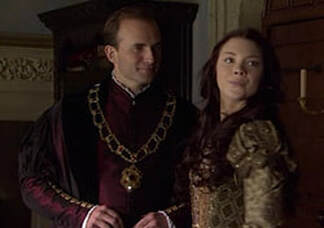
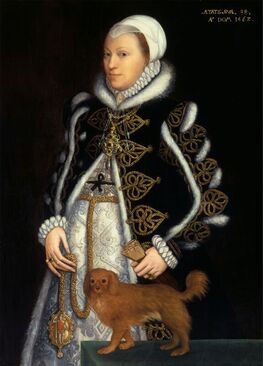
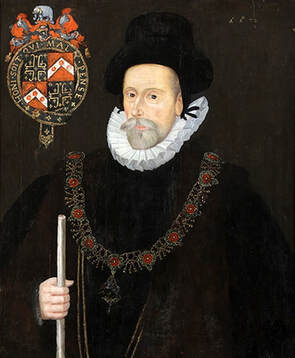
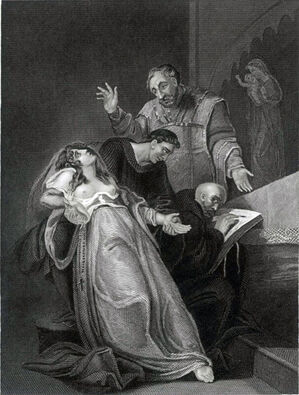
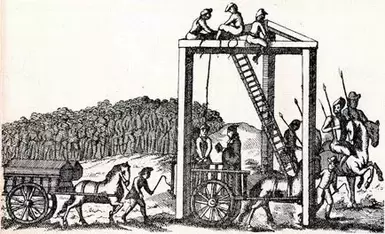
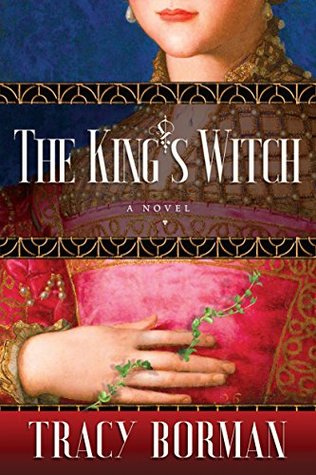



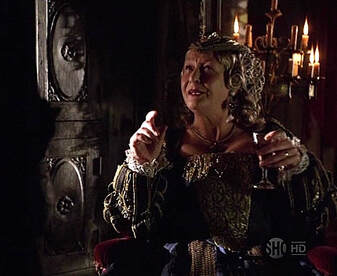
 RSS Feed
RSS Feed
